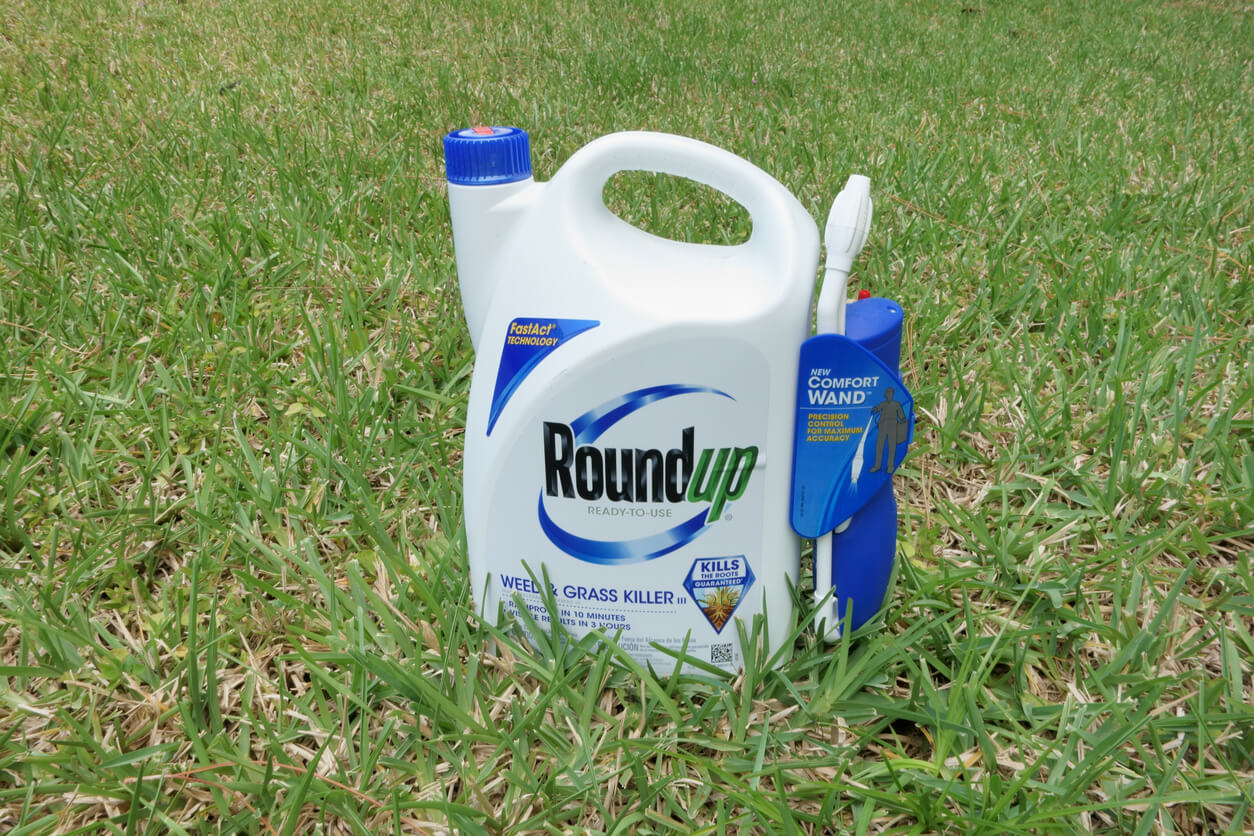What Thursday’s $78 Million Win for a Plaintiff Means for Future Roundup Lawsuits

Bayer’s winning streak among Roundup lawsuits broke on Thursday when a Philadelphia jury awarded $78 million to a man who developed non-Hodgkin lymphoma after using the weed killer for decades.
William Melissen and his wife had sued Monsanto in 2021 after he was diagnosed with cancer in 2020. According to the Philadelphia Inquirer, Melissen has frequently been using Roundup since 1992.
The jury awarded $3 million in compensatory damages and $75 million in punitive damages.
This decision flips what had been a rough few months for plaintiffs. Bayer and its subsidiary Monsanto had been continuously winning new trials in court and have had their previous wins upheld in appeals.
But Thursday’s win could signal good things for the thousands of active lawsuits claiming that the company failed to warn of connections between Roundup exposure and cancer.
Courts Continue to Deny Usage of Schaffner Ruling in Roundup Trials
In August, Bayer was handed one of the biggest weapons in its arsenal. This was when the Third Circuit Court of Appeals sided with the company on the issue of federal preemption in Schaffner v. Monsanto.
That ruling, which created a circuit split, determined that state laws could not preempt federal law on weed killer labeling and warning requirements.
That decision dealt a seemingly significant blow to the many cases relying on state laws in their lawsuits. Bayer was upfront about its intentions to rely heavily on this ruling for future litigation.
But so far, it hasn’t had the chance.
The Melissen case was the second straight case in which the court denied Bayer’s attempt to apply the Schaffner ruling. In both the preceding Young case and the upcoming Womack case, the courts refused to allow the use of the Schaffner ruling. The Womack case will go to trial later this month.
“The company has been clear that the cross-cutting state-based failure to warn claim in this and other cases in the Roundup litigation is preempted by federal law consistent with the Schaffner decision by the Third Circuit Court of Appeals,” Bayer said in a statement on Thursday. “This decision created a circuit split within the federal courts that warrants review by the U.S. Supreme Court.”
Bayer plans to appeal the Melissen ruling, with Schaffner front and center. The company claims that the court denying its ability to apply that ruling was a legal error.
The result of that appeal could be telling. If Bayer is unsuccessful in using the Schaffner case to wipe out this loss, that may suggest the ruling is not as damaging to plaintiffs’ cases as Bayer had hoped.
But it still does open the door for an eventual U.S. Supreme Court showdown, which Bayer has pushed for. A favorable ruling from the Supreme Court has long been a key point in the company’s plan to handle the Roundup litigation.
As of this month, over 4,300 active Roundup lawsuits are pending in multidistrict litigation.
Editor Lindsay Donaldson contributed to this article.




